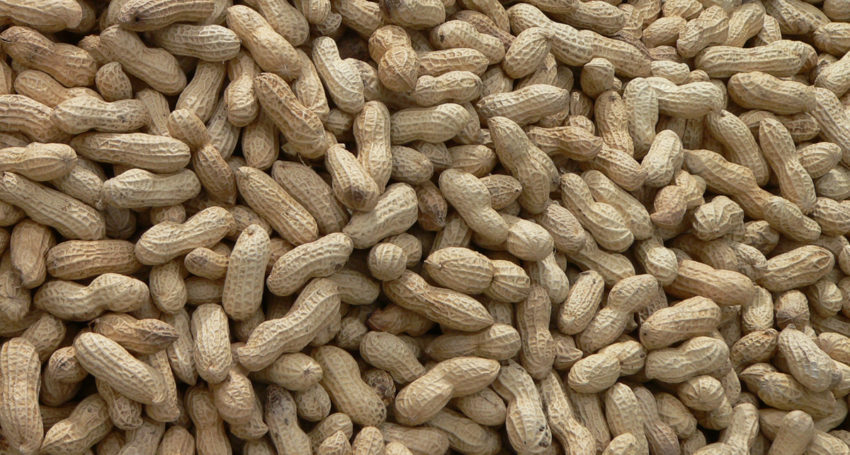South Australian researchers are closing in on the world’s first peanut allergy vaccine after winning funding to propel their project towards human trials.

Picture: Craig Nagy.
The peanut vaccine has been created by Australian biotechnology company Sementis in collaboration with the University of South Australia’s Experimental Therapeutics Laboratory.
It was formulated by packaging peanut proteins into the Sementis Copenhagen-vectored (SCV) virus platform.
Researchers at the University of South Australia in Adelaide helped develop the scalable and stable SCV platform system.
Lead researcher Dr Preethi Eldi said while animal trials had shown a long-lasting response to peanut allergy the latest grant of almost $AU40,000 would be used to evaluate the efficacy of the vaccine in humans.
She said human trials would begin in early 2021.
“This funding helps us to get the vaccine out there and move forward into clinical trials,” Dr Preethi said.
“We need it to be particularly safe, so a kid can take it and then you can still send them off to school and you don’t have to keep them at home and monitor them after receiving the treatment.”
According to the World Allergy Organization, between 220 and 550 million people are affected by food allergies with peanuts being one of the most common.
In Australia, one in 200 adults have a peanut allergy and almost three in 100 children.
Dr Eldi said South Australian researchers were trying to address “the root cause of the reaction” and block the release of chemicals to prevent allergic reactions.
“Everybody’s looking for the cure for peanut allergy,” she said.
“But our vaccine is designed not just to provide a cure or treatment but also to prevent a peanut allergy occurring.”
Peanut allergies take place when the immune system mistakenly identifies peanuts as an allergen and signals immune cells to release chemicals, resulting in an allergic reaction.
Reactions can range from mild, such as hives, cramps, nausea and vomiting, to severe, such as impaired breathing, a sudden drop in blood pressure and dizziness. In the worst cases, peanut allergies can cause life threatening anaphylactic reactions and death.
The vaccine, which has so far been trialled on mice and in the blood samples of humans, has been given in two instalments two months apart.
“Similar to how you would do your immunisations for kids,” Dr Eldi said.
“The clinical trial will give us more information as to what the right time period to give the vaccine is, but we are hoping that it’s going to be a ...
